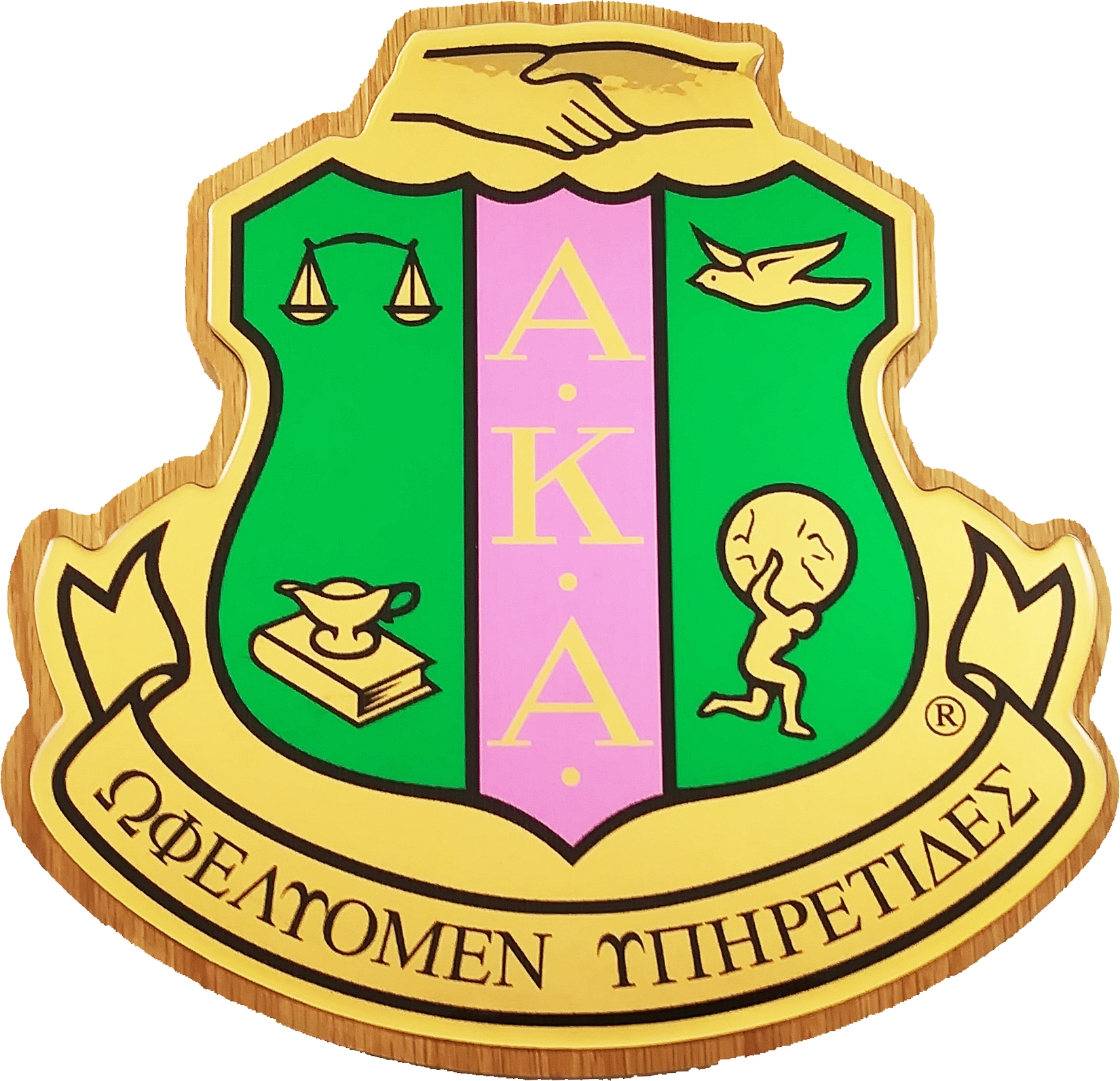What Does "aka Mean" And Why Does It Matter?
Aka, short for "also known as," is a versatile abbreviation used to introduce an alternative name, title, or identity. Whether you're navigating casual chats or professional settings, understanding the meaning and application of "aka mean" can enhance your communication skills. This article dives deep into its significance, exploring how it bridges gaps between different names and identities seamlessly. The term "aka mean" isn't just a linguistic tool; it plays a crucial role in various fields such as entertainment, business, and law enforcement. For instance, celebrities often use "aka" to introduce their stage names, while companies adopt it to highlight brand aliases. In legal contexts, "aka mean" can even help track individuals with multiple identities. With its widespread usage, mastering the nuances of "aka mean" can make your interactions more precise and impactful. As we delve deeper into this topic, we'll uncover the origins, applications, and importance of "aka mean" across different scenarios. From its roots in Latin to its modern-day adaptations, this guide will equip you with the knowledge to use "aka mean" confidently. So, whether you're a student, professional, or curious learner, this article will provide valuable insights to help you navigate the world of aliases and alternate identities. Let’s explore the fascinating journey of "aka mean" together.
Table of Contents
- What Does "aka Mean" Exactly?
- How Did "aka Mean" Originate?
- Why Is "aka Mean" Important in Different Fields?
- How to Use "aka Mean" Effectively
- What Are the Common Misconceptions About "aka Mean"?
- Is "aka Mean" Only Used in Formal Contexts?
- How Can "aka Mean" Enhance Your Communication Skills?
- Frequently Asked Questions About "aka Mean"
What Does "aka Mean" Exactly?
The term "aka mean" is an abbreviation that stands for "also known as." It serves as a connector between a primary name or identity and its alternative. For example, if someone introduces themselves as "John Smith, aka The Tech Guru," they are signaling that "The Tech Guru" is another name or title by which they are recognized. This abbreviation is particularly useful when clarity and brevity are essential in communication.
While "aka mean" is often used interchangeably with "also known as," its abbreviated form makes it more concise and adaptable to various contexts. In written communication, "aka mean" can save space and streamline sentences, making them easier to read. For instance, in news articles or legal documents, using "aka mean" can help introduce aliases without disrupting the flow of the text. Its versatility allows it to be employed in both formal and informal settings, making it a valuable tool for writers and speakers alike.
Read also:Exploring Aaron Pierre Siblings A Deep Dive Into Family Career And Influence
Beyond its literal meaning, "aka mean" also carries a sense of intrigue or curiosity. It often hints at a dual identity or a hidden layer of meaning, sparking interest in the reader or listener. For example, in the entertainment industry, "aka mean" is frequently used to introduce stage names or pseudonyms, adding a layer of mystique to the person being described. This dual function—both practical and engaging—makes "aka mean" a fascinating linguistic device.
How Did "aka Mean" Originate?
The origins of "aka mean" can be traced back to Latin, where the phrase "alias dictus" (meaning "otherwise called") was commonly used in legal and scholarly texts. Over time, this phrase evolved into the English equivalent "also known as," which was eventually abbreviated to "aka." The abbreviation gained popularity in the 20th century, particularly in journalism and law enforcement, where brevity and clarity were paramount.
One of the earliest recorded uses of "aka mean" was in criminal records, where it was used to track individuals with multiple aliases. For example, a suspect might be listed as "James Carter, aka The Midnight Bandit," to ensure that all possible identities were accounted for. This practical application helped cement "aka mean" as a standard term in legal and investigative contexts.
As language evolved, "aka mean" transcended its original purpose and found its way into everyday conversations. Today, it is used in a wide range of scenarios, from introducing nicknames to highlighting brand names. Its journey from a Latin phrase to a modern abbreviation reflects the dynamic nature of language and its ability to adapt to changing needs.
Why Is "aka Mean" Important in Different Fields?
The importance of "aka mean" varies across fields, but its role as a bridge between identities remains consistent. In the entertainment industry, for example, "aka mean" is indispensable for introducing stage names or artistic personas. Celebrities like Lady Gaga (aka Stefani Germanotta) or The Weeknd (aka Abel Tesfaye) rely on "aka mean" to distinguish their public personas from their private lives.
How Does "aka Mean" Benefit the Business World?
In the business world, "aka mean" is often used to highlight brand aliases or product names. For instance, a company might introduce its flagship product as "SuperClean, aka The Ultimate Dishwasher Detergent." This not only clarifies the product's identity but also enhances its marketability by associating it with a memorable tagline or nickname.
Read also:Kaitlyn Krems The Rising Star You Need To Know About
What Role Does "aka Mean" Play in Law Enforcement?
Law enforcement agencies rely heavily on "aka mean" to track individuals with multiple identities. Criminal records often include aliases introduced by "aka mean," ensuring that all possible names are documented. This practice is crucial for investigations and helps prevent suspects from evading capture by using different names.
How to Use "aka Mean" Effectively
Using "aka mean" effectively requires an understanding of its context and purpose. In formal writing, it is best to use "aka mean" sparingly and only when necessary. For example, in academic papers or legal documents, "aka mean" should be reserved for introducing aliases that are relevant to the discussion.
Can "aka Mean" Be Used in Informal Settings?
Absolutely! In informal settings, "aka mean" can add a touch of humor or intrigue to conversations. For instance, you might introduce a friend as "Sarah, aka The Queen of Desserts," to highlight their baking skills. This playful use of "aka mean" can make interactions more engaging and memorable.
What Are Some Tips for Using "aka Mean" in Writing?
When incorporating "aka mean" into your writing, consider the following tips:
- Use it to introduce aliases that are relevant to the topic.
- Avoid overusing it, as excessive repetition can make your writing seem cluttered.
- Ensure clarity by placing "aka mean" immediately after the primary name or identity.
What Are the Common Misconceptions About "aka Mean"?
One common misconception about "aka mean" is that it is only used in formal or legal contexts. While it is indeed prevalent in these areas, "aka mean" is equally at home in casual conversations and creative writing. Another misconception is that "aka mean" always introduces a pseudonym or stage name. In reality, it can also be used to highlight nicknames, brand names, or even code names.
Is "aka Mean" Only Used in Formal Contexts?
No, "aka mean" is not restricted to formal contexts. While it is widely used in legal documents and official records, its versatility allows it to thrive in informal settings as well. From social media posts to casual conversations, "aka mean" can add clarity and creativity to any form of communication.
How Can "aka Mean" Enhance Your Communication Skills?
Incorporating "aka mean" into your communication toolkit can make your interactions more precise and engaging. By using it to introduce alternative names or identities, you can provide additional context without overwhelming your audience. Whether you're writing an email, giving a presentation, or chatting with friends, "aka mean" can help you convey information more effectively.
Frequently Asked Questions About "aka Mean"
What Does "aka Mean" Stand For?
"aka mean" stands for "also known as." It is used to introduce an alternative name or identity.
Can "aka Mean" Be Used in Everyday Conversations?
Yes, "aka mean" can be used in everyday conversations to add clarity or humor. For example, you might say, "Meet my dog, Max, aka The Couch Potato."
Is "aka Mean" Acceptable in Formal Writing?
Yes, "aka mean" is acceptable in formal writing, provided it is used appropriately and sparingly. It is particularly useful in legal, academic, and journalistic contexts.
In conclusion, "aka mean" is a powerful linguistic tool that bridges identities and enhances communication. By understanding its origins, applications, and nuances, you can use it confidently in various contexts. For further reading on the evolution of language, check out this external resource.
Discover The Best Betting Tips At Bettingbasse.net: Your Ultimate Guide
Sasha Parsad Girthmaster: The Ultimate Guide To Fitness And Personal Growth
Who Is Joe Bonamassa Married To? Discover His Personal Life And Career Highlights

Aka Shield ubicaciondepersonas.cdmx.gob.mx

Lindsay Lohan Wants Fans to Celebrate “Mean Girls” Day by Following Her